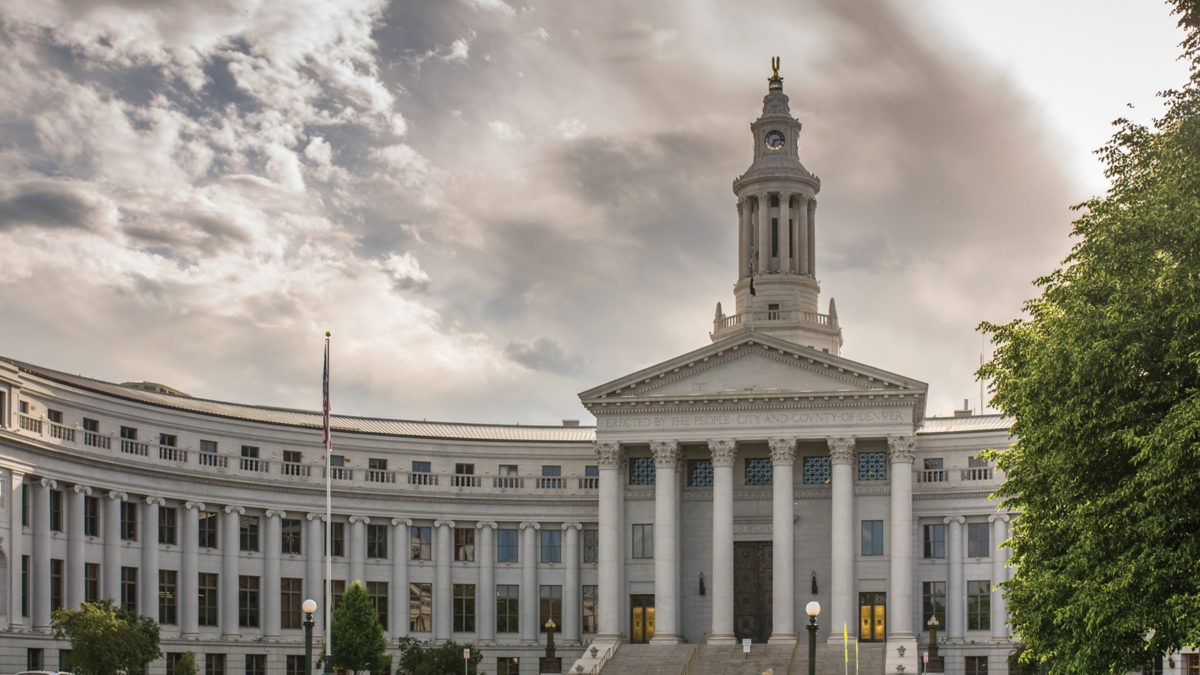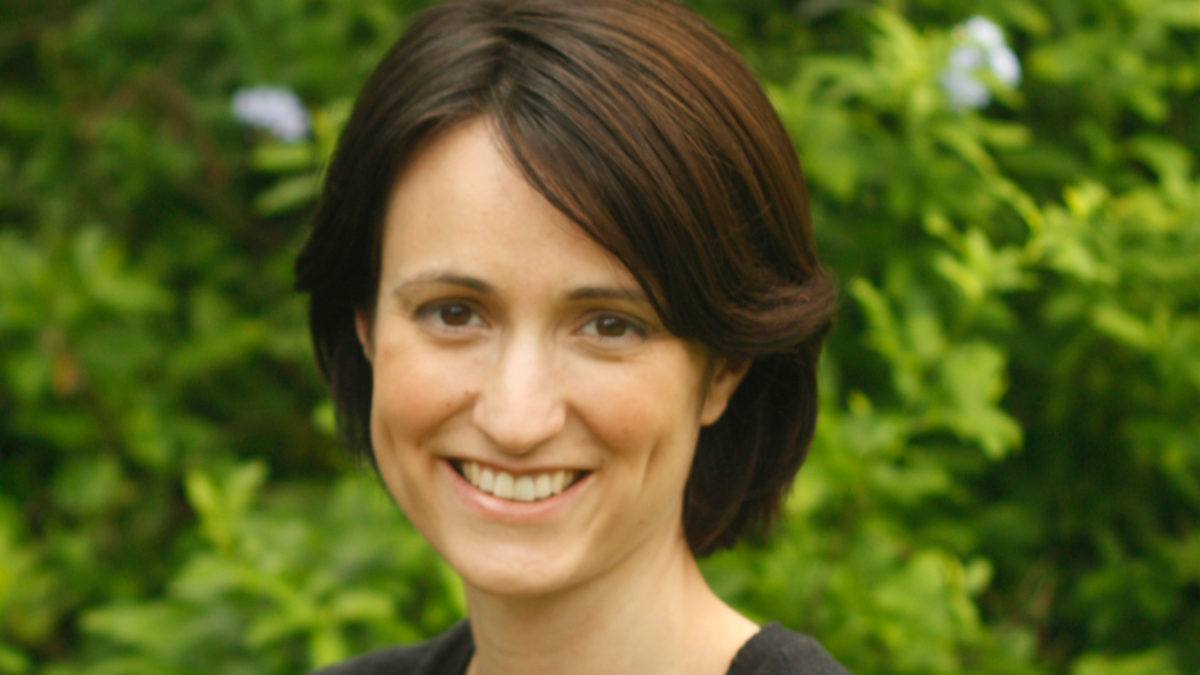
Jennifer Bundscho Wherry
Member Spotlight
February 2021
Download This Article (.pdf)
Profile
Hometown: The Woodlands, TexasLaw School: University of Houston Law CenterLive in: CarbondaleWorks at: Alpine Legal Services Practice Areas(s): Civil legal aid primarily for victims of crime, older adults, and other vulnerable populations from Parachute to AspenCBA Member Since: 2018
Jennifer Bundscho Wherry has been a mediator and collaborative family law attorney for most of her professional career. Two years ago, she moved to Colorado with her husband and their three boys. She is now the executive director of Alpine Legal Services.
Why did you become a lawyer?
To become a better mediator.
What are you passionate about?
Conflict resolution.
What steps will you take this year to improve your practice?
Alpine Legal Services is doing a lot of soul-searching, like the rest of the world. We provide free civil legal aid in the Parachute to Aspen region, which is the most economically bipolar region in our state. Living and working between extremes is challenging, and building bridges between the voiceless and the powerful requires the right combination of patience and impatience. We are working to find ways to work smarter, not harder, with well-aligned community partnerships. 2021 must be a time for healing the vast divides that have not served us well.
What is the greatest challenge you face in your practice?
Pro bono help is always our greatest need. Lawyers want to help, but life gets in the way. Creating awareness that none of us wants to live in a world where justice can be bought, and that pro bono work is critical to upholding the very system of justice we too often take for granted, is surprisingly difficult. Even more difficult is translating that awareness into donated time.
Please share a positive experience you’ve had as a lawyer.
There are many. I have over 10,000 hours of mediation experience, so I can say for every time someone walked out of a successful mediation and breathed easier, felt lighter, and was going to sleep a lot better that night, I had a positive experience.
How has technology transformed your practice?
It’s made it better and worse. WebEx has been a game changer for getting witnesses to court who would otherwise not be able to go to the courthouse to testify. The Telzio app was critical for switching our Ask a Lawyer clinic to a hotline, and we use technology in many ways to improve service delivery. But I was chatting with a lawyer who practiced before fax machines, and he fondly recalled the days when things were done at a slower pace. I felt more relaxed just listening to the way he described a time when attorneys and clients didn’t expect a response to any communication for several days or weeks. From his perspective, lawyering is best done at a measured pace, and technology has fostered frenetic attorneys.
What do you know now that you wish you would have known in your first year of practice?
There are no winners in a custody battle. Divorcing parents should seek help from collaboratively trained professionals. The process is difficult, but it doesn’t have to be destructive.
What advice do you have for new lawyers?
Don’t do it for the money. I’ve seen where that leads, and it isn’t a happy place for anyone. We need more lawyers who see our work as the service profession it is. I can’t say it any better than Abraham Lincoln when he addressed new lawyers in 1850: “Discourage litigation. Persuade your neighbors to compromise whenever you can. Point out to them how the nominal winner is often a real loser—in fees, expenses, and waste of time. As a peacemaker the lawyer has a superior opportunity of being a good [person]. There will still be business enough.”


